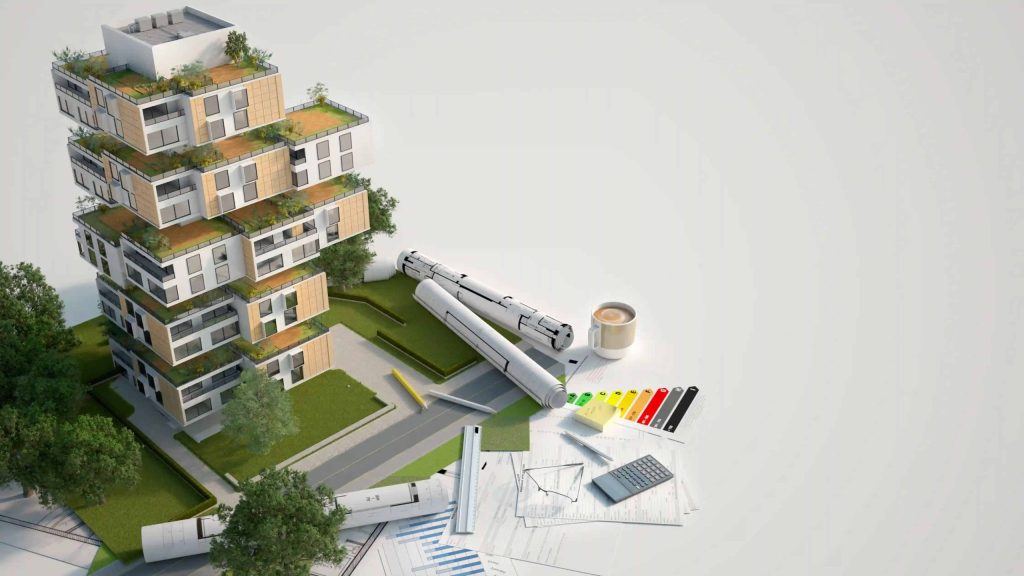Are you an architect or designer looking to take your designs to the next level? Consider utilizing 3D rendering services to bring your vision to life. From 3D floor plans to 2D floor plans, these services can help you create stunning and realistic visualizations of your designs. Learn more about the benefits of architectural rendering services here.
The benefits of using 3D renderings in the design process.
There are many benefits to using 3D renderings in the architectural design process. Firstly, they allow for a more accurate representation of the final product, which can help to avoid costly mistakes and design flaws.
Additionally, 3D renderings can be used to showcase a building’s design in a more engaging and interactive way, which can help to attract potential clients and investors. Finally, 3D renderings can also be used to test different design options and make changes quickly and easily, which can save time and money in the long run.
What are 3D renderings and how do they enhance architectural designs?
3D renderings are digital representations of architectural designs that use advanced software to create realistic and detailed images. These renderings can be used to showcase a building’s exterior and interior design, lighting, landscaping, and more.
By using 3D renderings, architects and designers can better communicate their vision to clients and stakeholders, as well as identify potential design flaws before construction begins. This can ultimately lead to more efficient and cost-effective building projects.
The different types of 3D renderings available.
There are several types of 3D renderings available for architectural designs, each with their own unique benefits. 3D floor plans provide a detailed and realistic view of the interior layout of a building, while 2D floor plans offer a more traditional and simplified view.
Exterior renderings showcase the building’s exterior design and can be used to highlight specific features or materials. Interior renderings can be used to showcase specific rooms or spaces within the building and can be customized to show different lighting and furniture options.
Virtual reality renderings allow clients to experience the building in a fully immersive way, providing a more engaging and interactive experience.
How to choose the right 3D rendering service for your project.
When choosing a 3D rendering service for your architectural project, it’s important to consider several factors. First, look for a company with experience in your specific type of project, whether it’s residential, commercial, or industrial. Check their portfolio to see examples of their work and make sure their style aligns with your vision. Consider their turnaround time and pricing, as well as their communication and collaboration process. Finally, read reviews and ask for references to ensure you’re working with a reputable and reliable company.
Real-life examples of how 3D renderings have transformed architectural designs.
3D renderings have revolutionized the way architects and designers approach their projects. With the ability to create photorealistic images and animations, 3D renderings allow clients to visualize their projects before construction even begins. This not only saves time and money, but also allows for greater collaboration and communication between all parties involved.
Real-life examples of how 3D renderings have transformed architectural designs include the Burj Khalifa in Dubai, the Marina Bay Sands in Singapore, and the Shard in London. These iconic buildings were all designed using 3D rendering technology, allowing for precise planning and execution of their complex designs.

